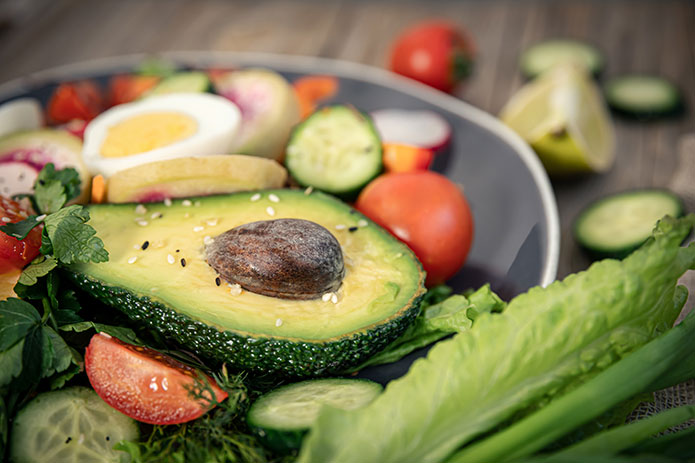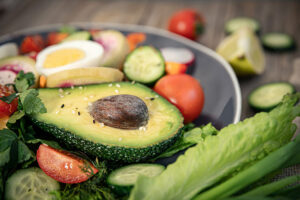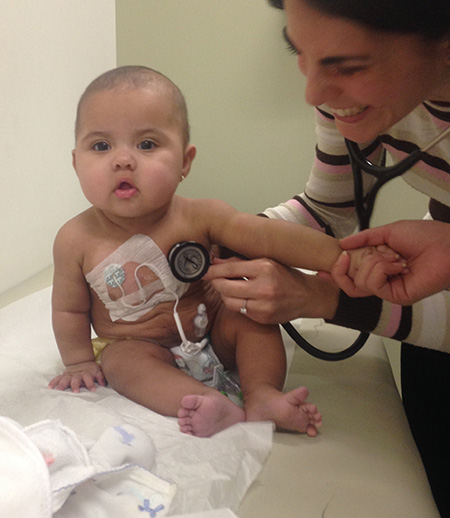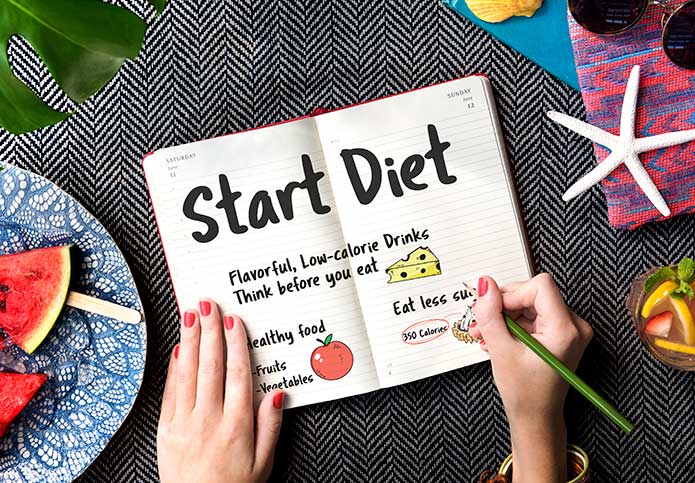When you have a child with a complex diagnosis like Berdon syndrome, every decision about their care and nutrition becomes even more important. Anti-inflammatory diets, focused on natural and unprocessed foods, have become an attractive option for many families seeking to reduce inflammation, improve digestion, and support the immune system in a cleaner and more controlled way.
In this article, I share why these diets can be a meaningful support, especially for mothers like me who walk alongside their children with love, hope, and mindful care in every step of their nutritional journey.
“This is our personal experience, not medical advice.”
Our journey into natural alternatives to support our daughter’s digestion, reduce inflammation, and strengthen her little body led us to discover anti-inflammatory diets. It wasn’t a trend or a quick decision — it was born from professional guidance, countless hours of research, trial and error, and the desperate, tender act of listening to her body with all the love and hope we had.
How we transitioned...
from this
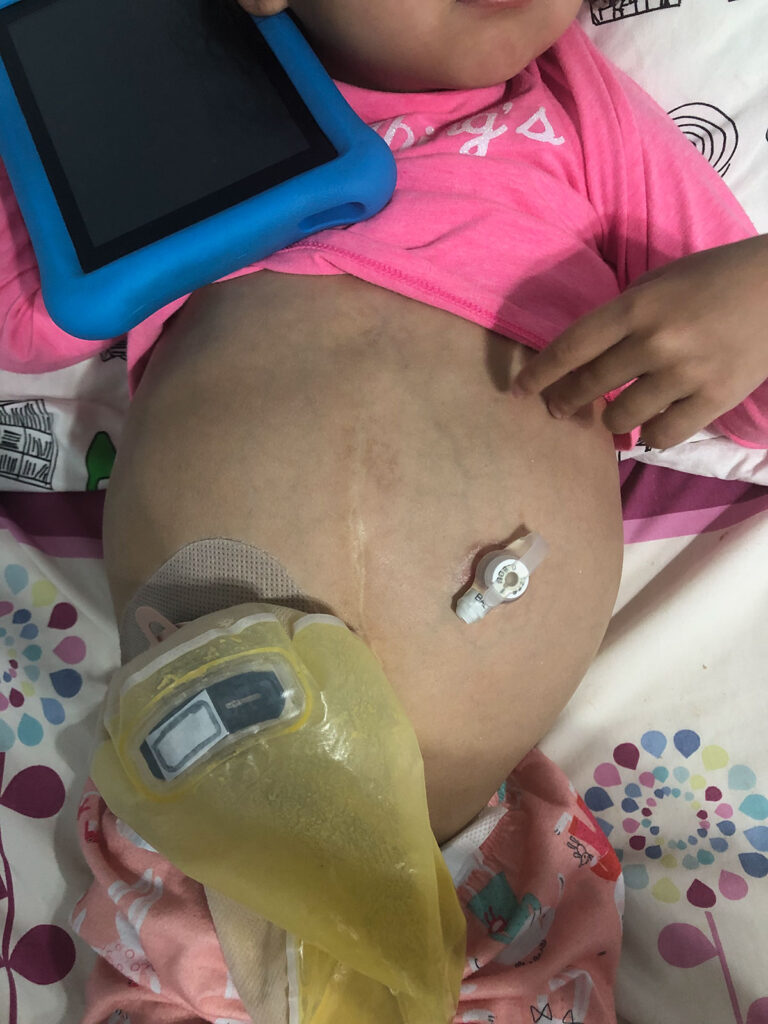
to that?

Our Experience
Our children face so many digestive challenges — sensitive intestines, frequent infections, repeated courses of antibiotics, TPN, feeding tubes, or struggles with eating by mouth. All of this can upset their delicate gut balance and fuel inflammation. A gentle, natural, and lovingly mindful diet can offer their little bodies the support they need to heal and grow stronger.
- Reduce gas, pain, and abdominal distension.
- Improve nutrient absorption.
- Support the immune system.
- Better regulate intestinal transit.
A Desperate Search
It hasn’t always been easy, but every effort has been worth it. Today, this way of nourishing ourselves has become a bond that has brought us closer as a family. We learned to read every label with care, to cook side by side, and to treasure every ingredient we place on our table — each one a small act of love and hope.
Foundations of a Healing Anti-Inflammatory Diet
Foods That Support Health
- Cooked vegetables (based on the child’s tolerance; avoid those that cause gas).
- Low-sugar fruits (such as blueberries and cooked apples).
- Healthy fats (olive oil, avocado, coconut oil).
- Bone broths.
- Omega-3 rich fish.
- Gentle flours such as cassava, plantain, or coconut flour.
- Gentle supplements: probiotics, turmeric (under medical supervision).
Foods That May Cause Inflammation
- Refined sugar and syrups
- Dairy products (especially cow’s milk)
- Refined flours (white wheat flour)
- Ultra-processed foods
- Refined vegetable oils (soy, corn)
- Artificial colorings, preservatives, and additives
Simple Steps to Start at Home
Remove the obvious: Avoid sugar and processed products.
Keep it simple and homemade: Cook at home using just a few ingredients.
Introduce changes gradually: One new food every 3–5 days.
Observe and take notes: Track changes in stool, sleep, mood, and skin.
Consult your pediatrician or nutritionist: Every child is unique.
Conclusion:
An anti-inflammatory diet is not a cure, but it can be a powerful tool of love and support for our children. It’s not about doing everything perfectly; it’s about moving forward step by step, listening to their little bodies, and trusting that every adjustment we make with love truly makes a difference.
Consult a nutritionist or functional medicine doctor before making any major decisions.

